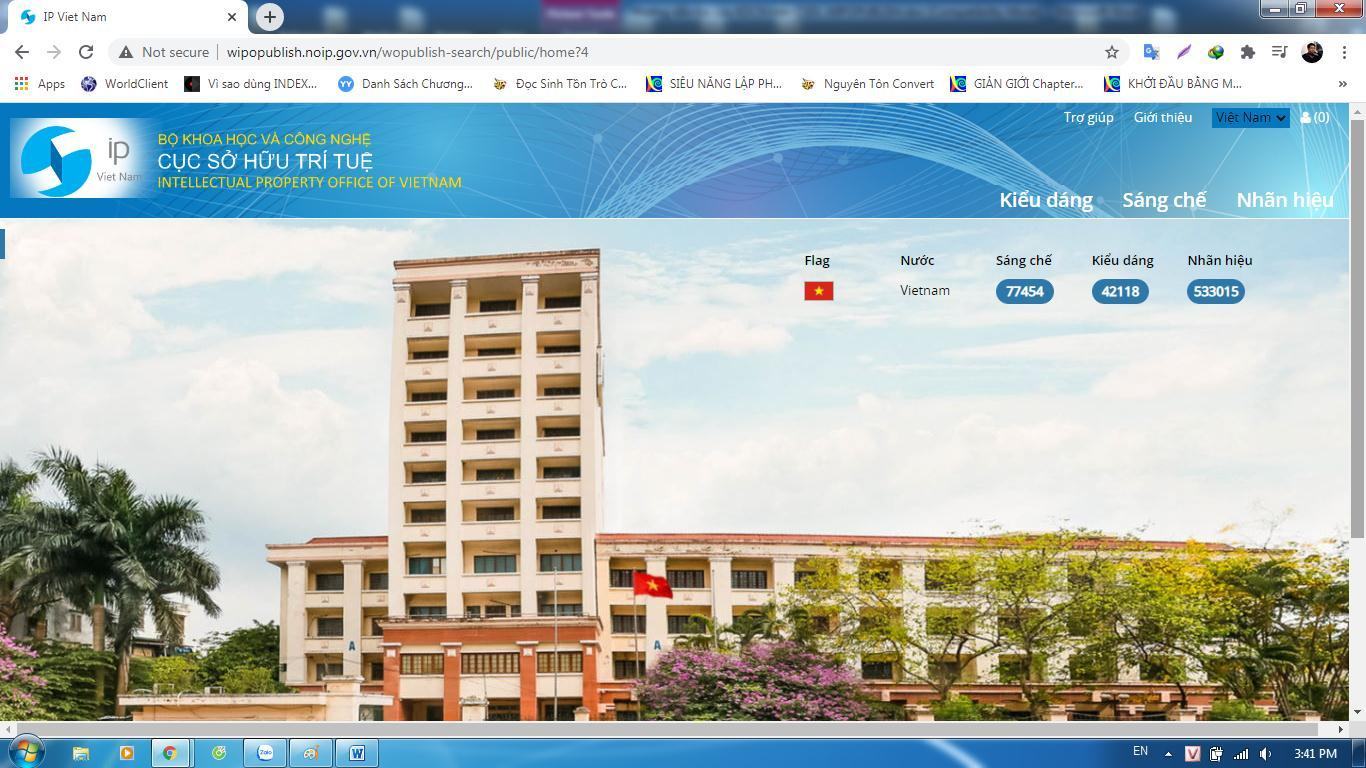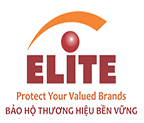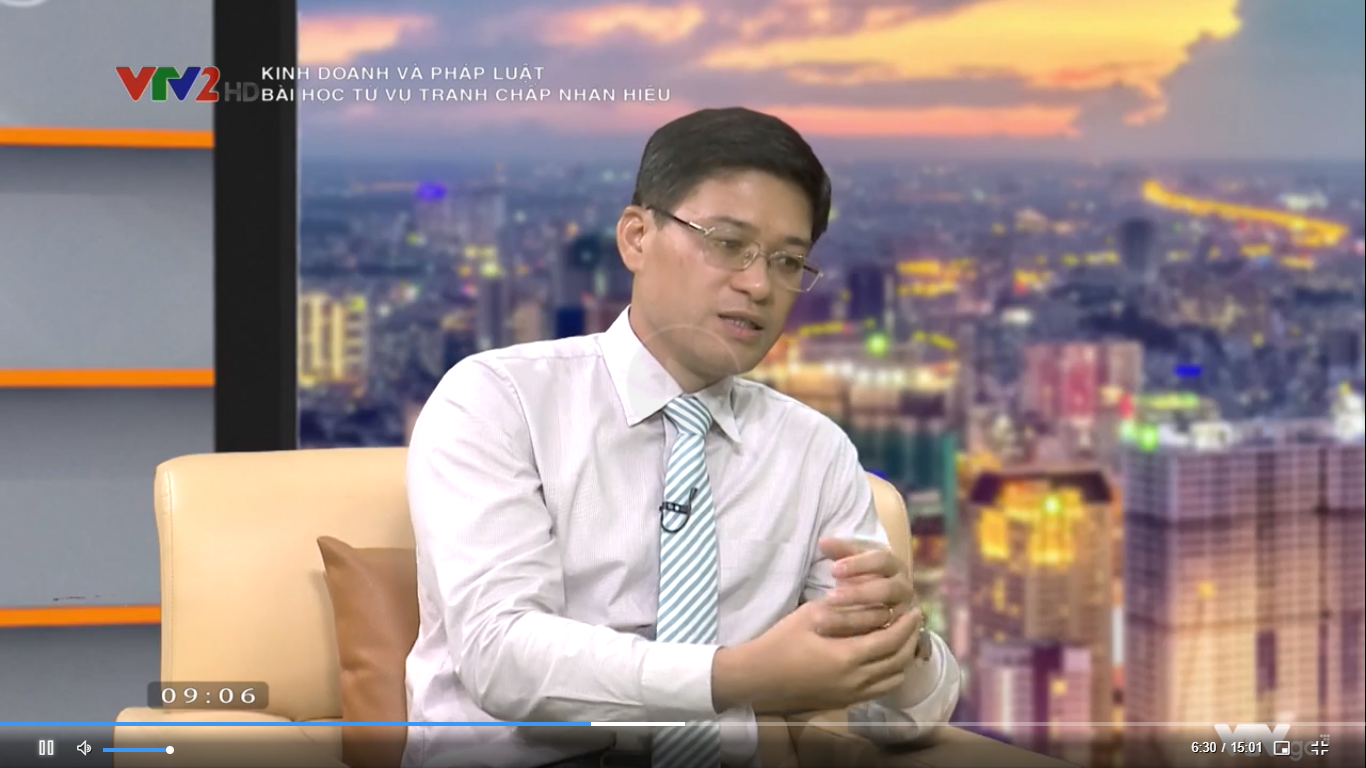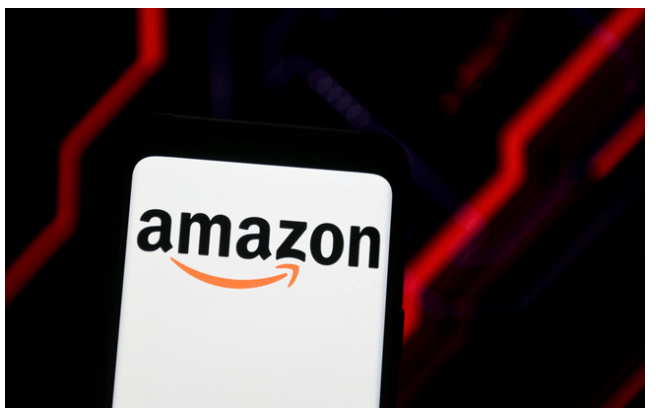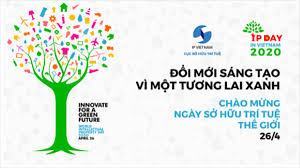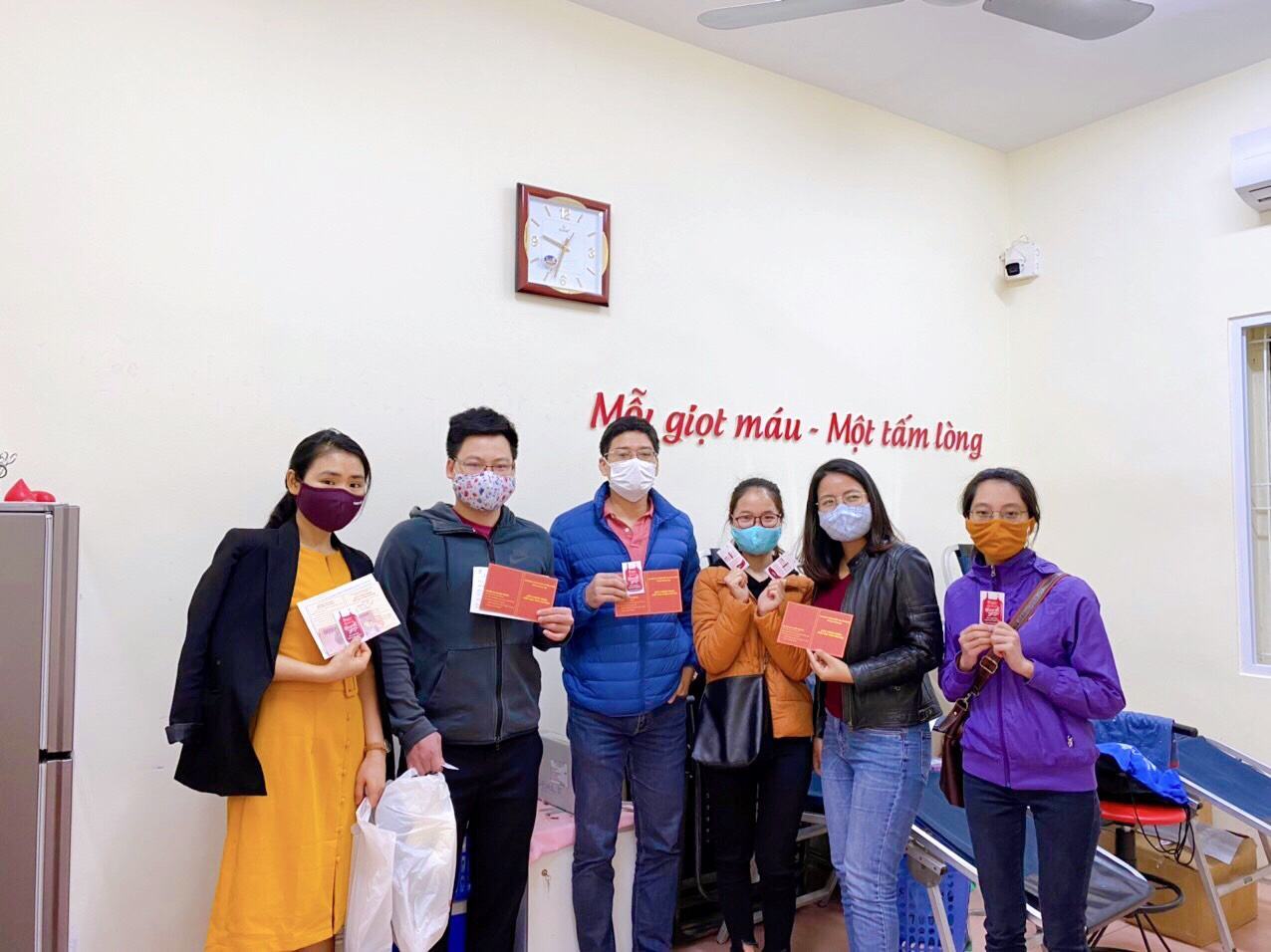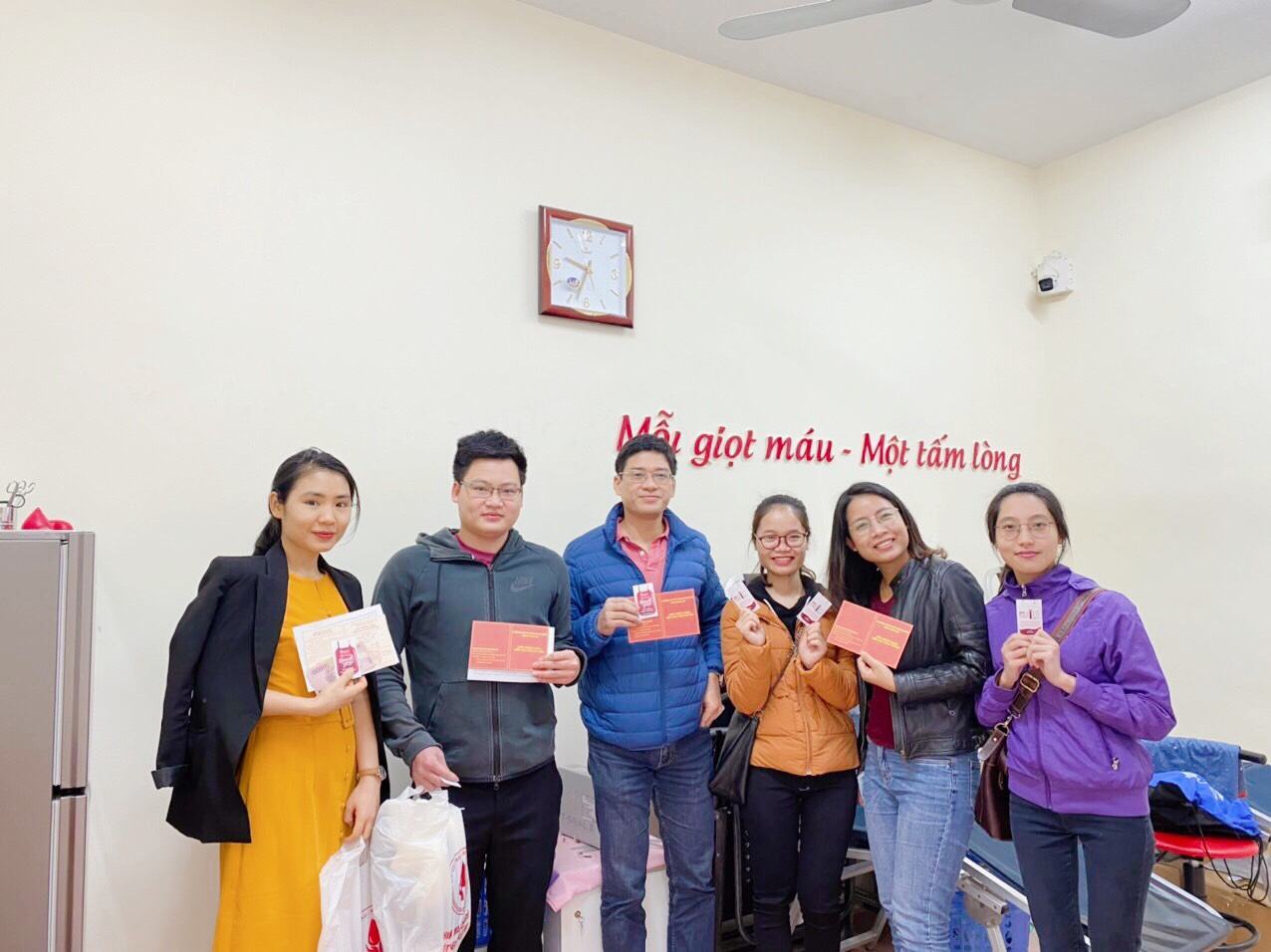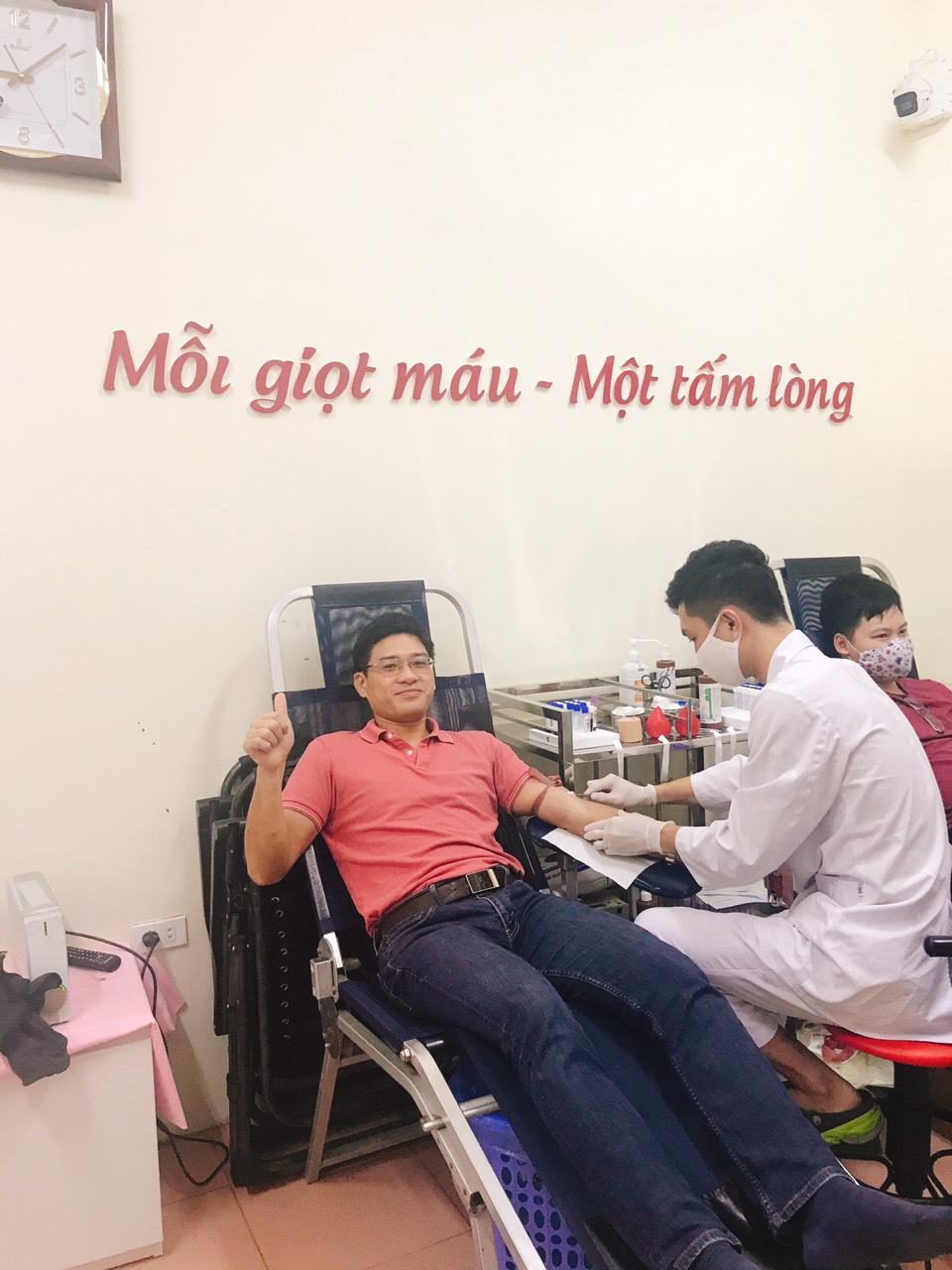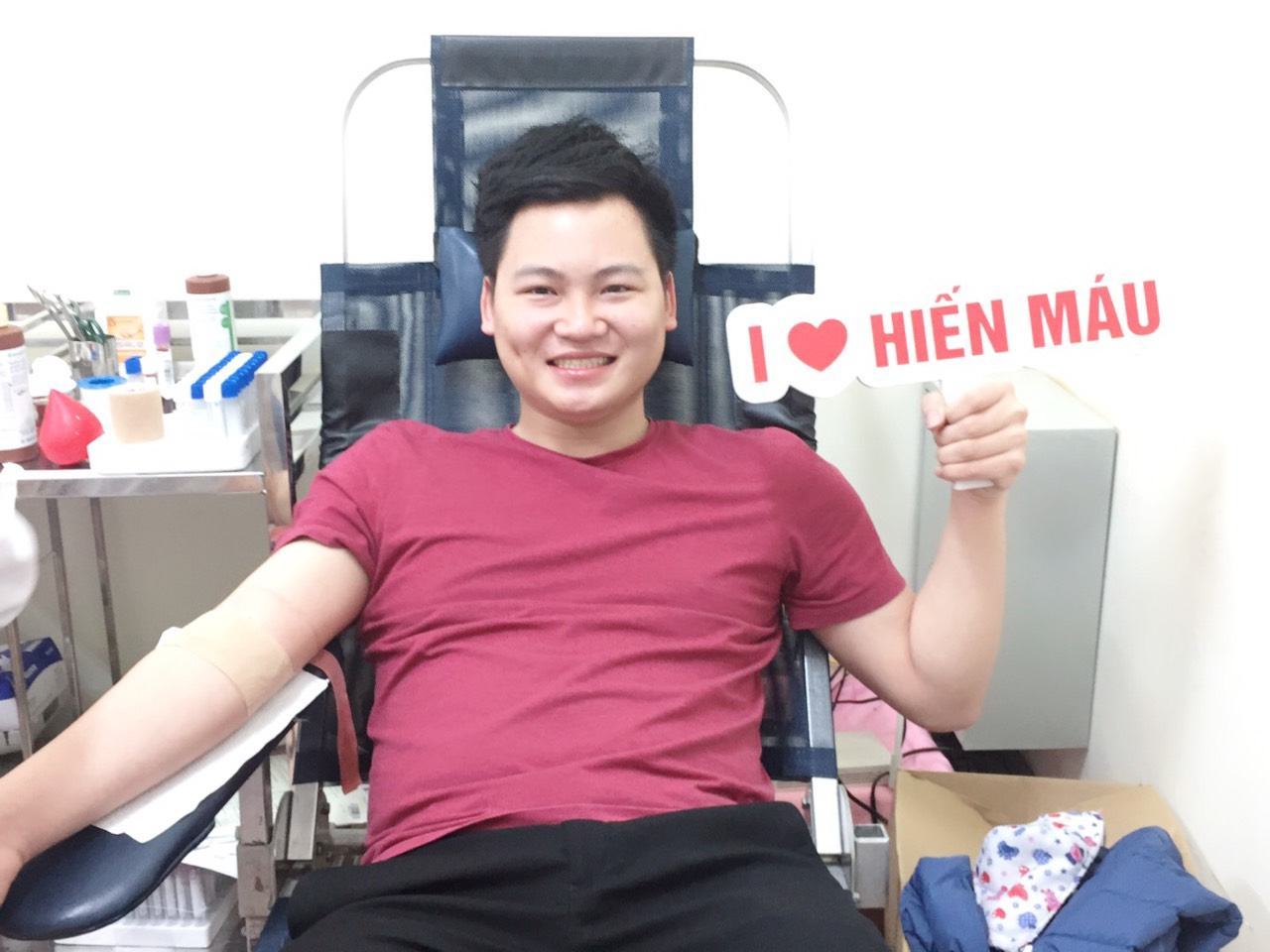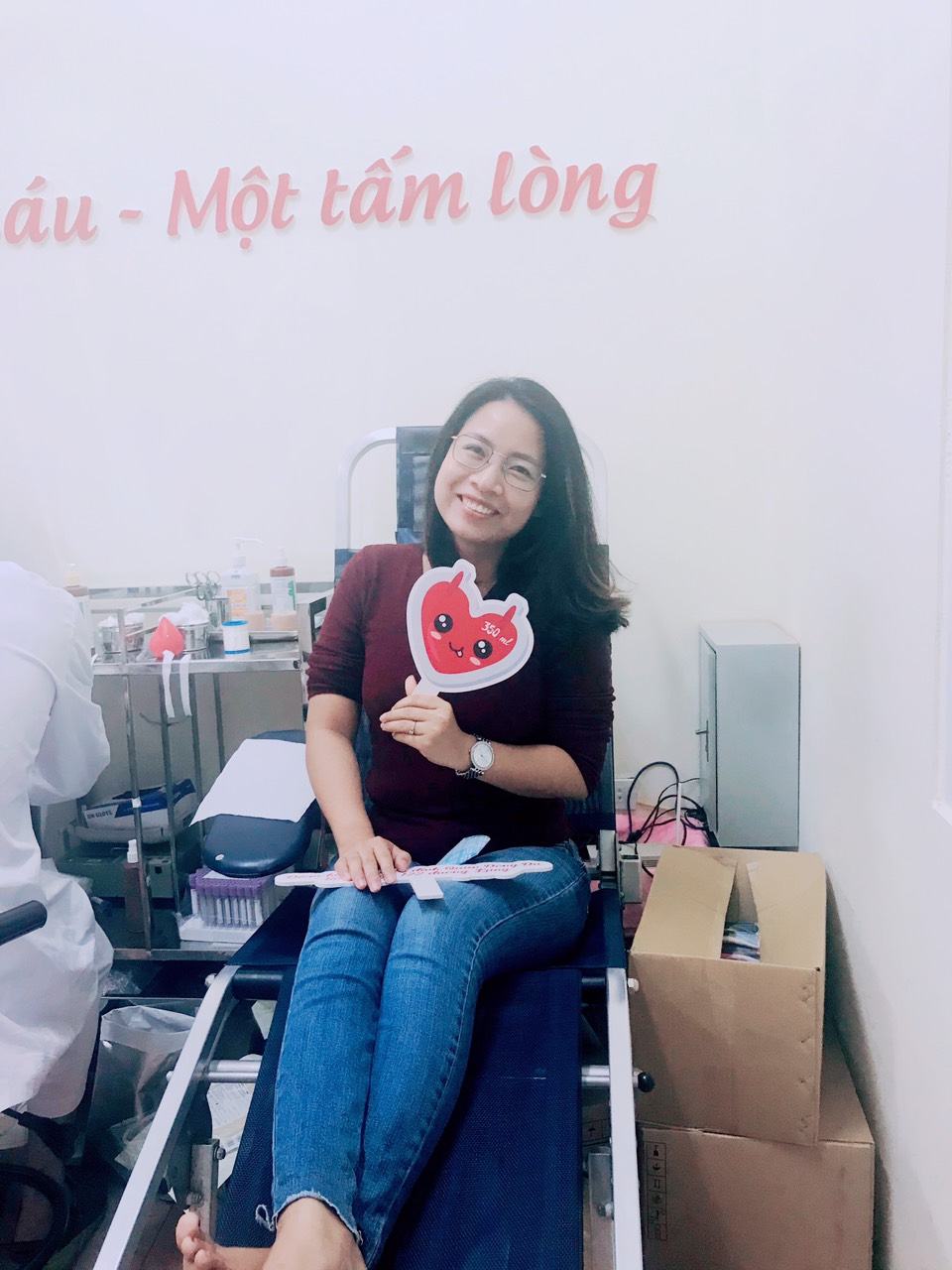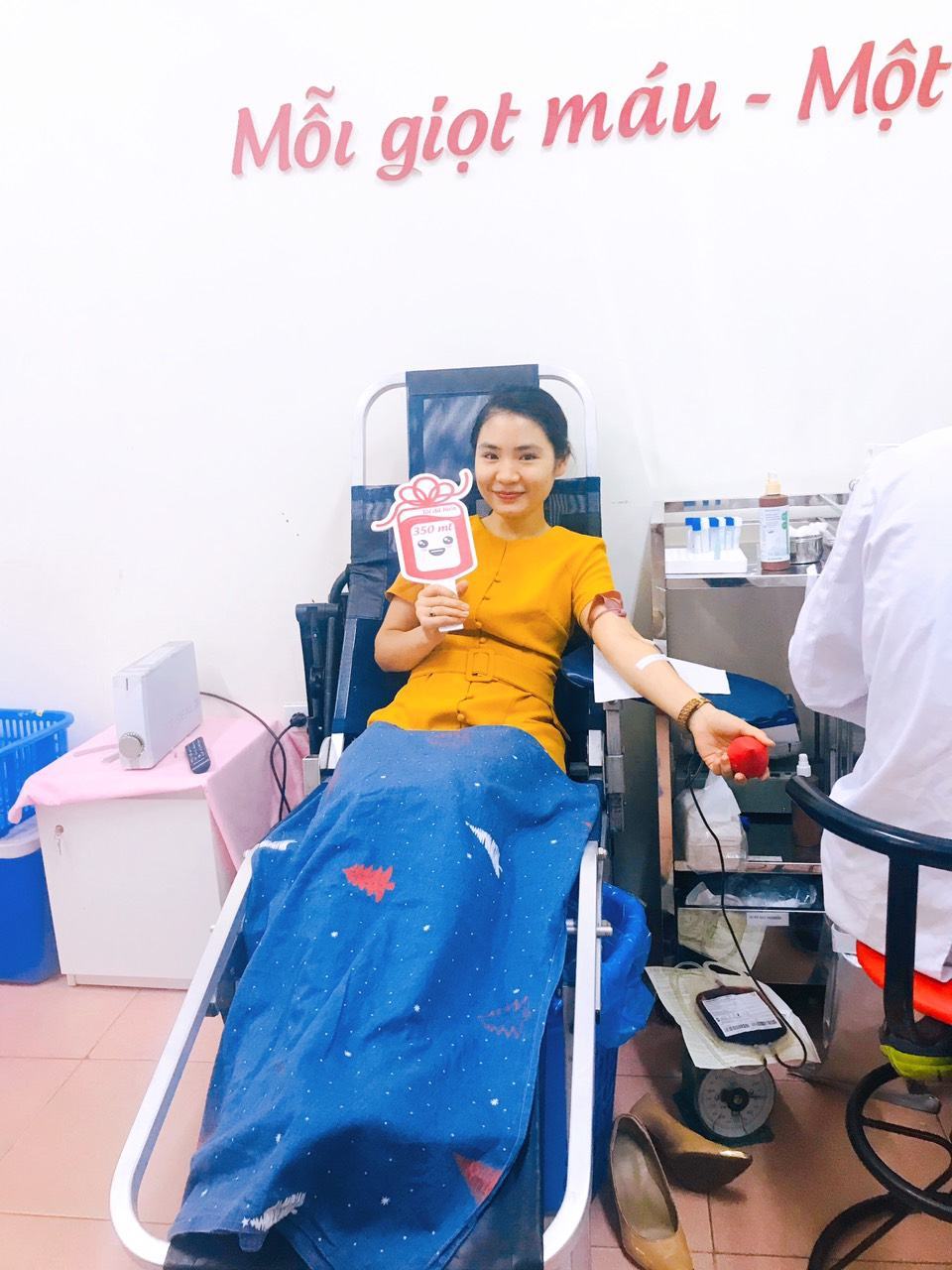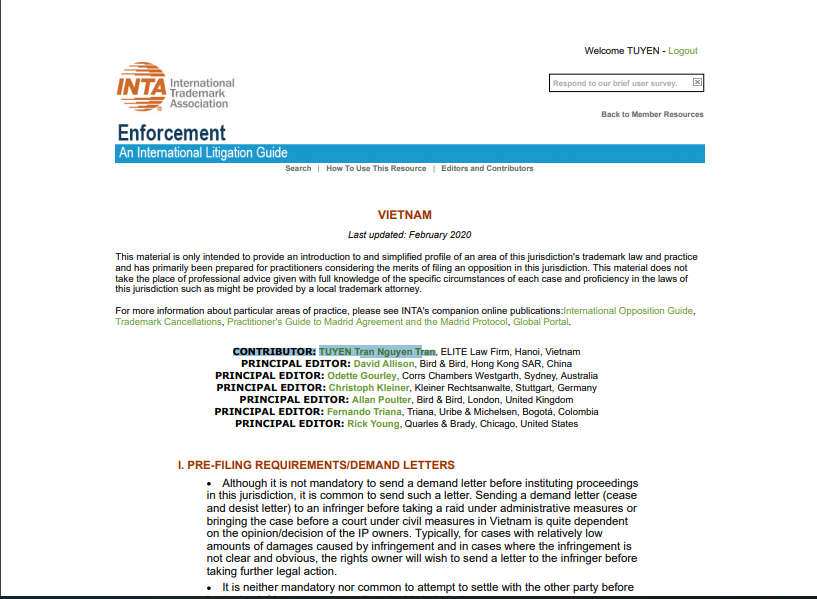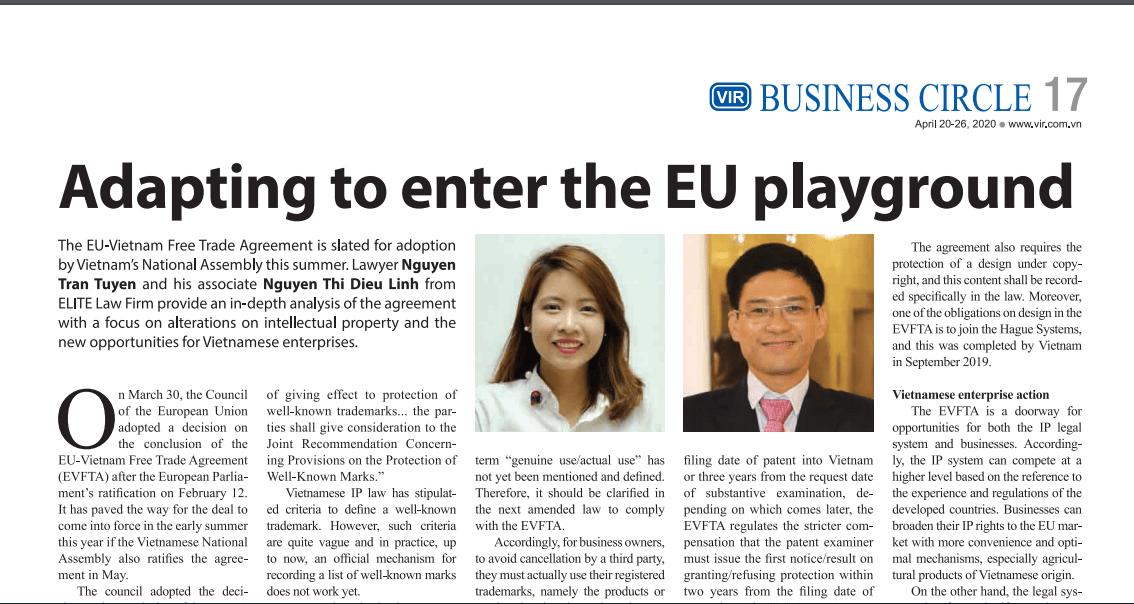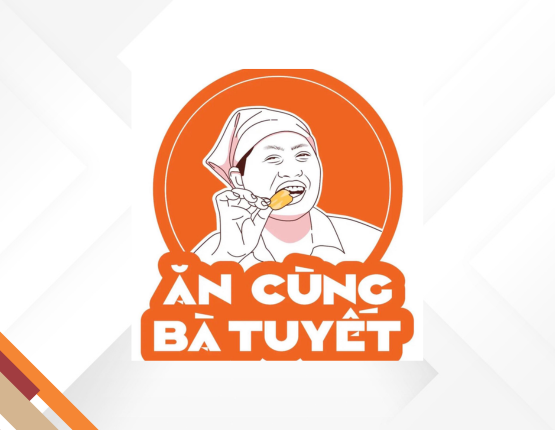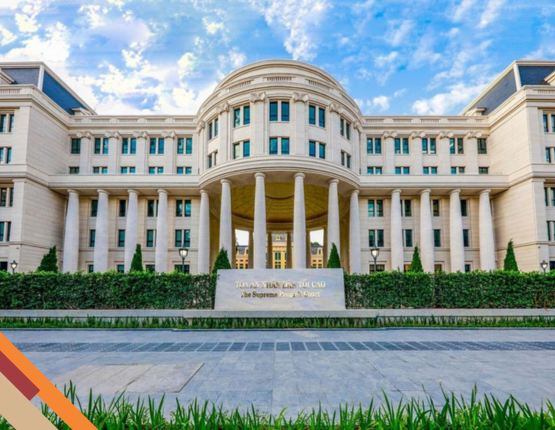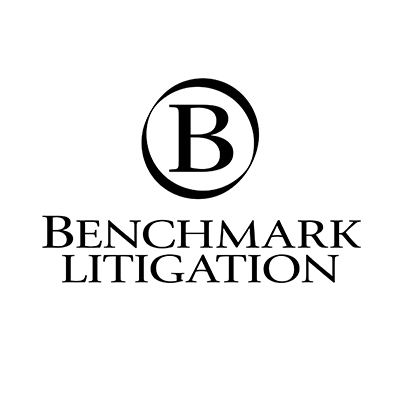On March 30, the Council of the European Union adopted a decision on the conclusion of the EU-Vietnam Free Trade Agreement (EVFTA) after the European Parliament’s ratification on February 12. It has paved the way for the deal to come into force in the early summer this year if the Vietnamese National Assembly also ratifies the agreement in May.
The council adopted the decision on the conclusion of the EVFTA using a written procedure, not via a face-to-face meeting, as a result of the ongoing coronavirus outbreak. While the pandemic spreads and causes huge damage in almost every country in Europe, the EU council still worked out and offered a decision on the adoption of the EVFTA. The fact showed that the agreement was considered as a priority and important task of the council.
Accordingly, the deal provides for the almost complete (99 percent) elimination of customs duties between the two blocks. Some 65 percent of duties on EU exports to Vietnam will disappear as soon as it enters into force, while the remainder will be phased out gradually over a period of up to 10 years.
As regards Vietnamese exports to the EU, 71 percent of duties will disappear upon entry into force, the remainder being phased out over a period of up to seven years. The EVFTA will also reduce many of the existing non-tariff barriers to trade with Vietnam.
Besides the foreseeable economic advantages, Vietnam’s intellectual property (IP) legal system is compulsory to make amendments to actively adapt to the new agreement.
Articles on IP in the EVFTA adjust all subjects from copyright and industrial property rights to plant varieties. In general, the current Vietnamese legal system meets the requirements of the EVFTA. However, there are some new regulations regarding the IP rights that Vietnam must change to meet high-standard-requirements from the agreement. We would like to highlight points on IP under the agreement that may affect and offer opportunities for doing business in Vietnam in the coming time.
Trademarks
The highlight in trademarks concentrates on well-known marks and regulation on cancellation of a registered mark based on five-year non-use.
Firstly, the EVFTA clearly states that “for the purposes of giving effect to protection of well-known trademarks… the parties shall give consideration to the Joint Recommendation Concerning Provisions on the Protection of Well-Known Marks.”
Vietnamese IP law has stipulated criteria to define a well-known trademark. However, such criteria are quite vague and in practice, up to now, an official mechanism for recording a list of well-known marks does not work yet.
In practice, both the owners of marks and trademark examiners have troubles in determining whether a mark is considered as well-known or not to take the same as a cited mark to refuse the other similar mark for protection. The requirements to specify and establish the identifying system applied for well-known marks are ordered and shall be based on the Joint Recommendation.
Regarding cancellation of a registered trademark based on a five-year non-use ground, the trademark owner must to provide with evidence of genuine use (real use or actual use) to keep its trademark validity under the EVFTA. In the fifth footnote, the agreement explains that “genuine use implies real use for the purpose of trading in the goods or services in question so as to generate goodwill. In general, this implies actual sales and there must have been some sales of the goods or providing of the services during the relevant period of time. Use in advertising may amount to genuine use. However, mere preparatory steps are not to be regarded as genuine use of a mark. Genuine use is opposed to token or artificial use designed solely to maintain the trademark on the register’’.
The use of a trademark is one of the obligations of the trademark owner stipulated by the IP law of Vietnam, and the law just only lists which activities shall be considered as the use of trademark. The legal term “genuine use/actual use” has not yet been mentioned and defined. Therefore, it should be clarified in the next amended law to comply with the EVFTA.
Accordingly, for business owners, to avoid cancellation by a third party, they must actually use their registered trademarks, namely the products or services bearing the trademark must be available in the market, within five years after the registration date.
Geographic indicators
There are 39 Vietnamese geographic indicators (GIs) and 169 EU GIs that will be protected under the agreement. For example, after 10 years from the validity date of the EVTFA, the current use of Champagne for wines by entrepreneurs and consumers in Vietnam must be stopped since this name shall be protected as a GI.
Similarly, the use of four Asiago, Fontina, Gorgonzola, and Feta as names for cheese in Vietnam is only granted for those who made actual commercial use in good faith of those indications concerning products in the class of cheeses before January 1, 2017.
The Vietnamese enterprises which are trading in wines and cheese should note these new regulations for their business.
Patents
Like the Comprehensive and Progressive Agreement for Trans-Pacific Partnership (CPTPP), the EVFTA regulates the compensation patent owner for the reduction in the effective patent life resulting from unreasonable delays in the granting of the first marketing authorization in Vietnam territory.
However, if the CPTPP allows the delay within five years from the filing date of patent into Vietnam or three years from the request date of substantive examination, depending on which comes later, the EVFTA regulates the stricter compensation that the patent examiner must issue the first notice/result on granting/refusing protection within two years from the filing date of patent into Vietnam.
In practice, the duration for the authority to issue the first notice is more than two years from the patent filing date in Vietnam. This new content puts higher responsibility on the authority and patent examiners, since the overload currently at the Vietnam Intellectual Property Office while the number of patent examiners is limited.
Considering some aspects, the earlier the patent has been granted, the more benefits the patent owner gains and this regulation is more favourable for the EU applicants because of their large number of patents sought to be protected.
Design
According to the agreement, a part of a product or a partial design in which its appearance is visible from use, regardless of the part is separable or inseparable, shall be protected. Currently, under the IP law of Vietnam, the design to be protected in the country must be a product or a part of the product that can be independently circulated in the market.
For a part of products, it must be assembled physically to others. It means that a partial design or a design of an inseparable part of a product is not protected under the current IP law of Vietnam. Thanks to the EVFTA, a partial design shall be recognized and protected, giving the broader and deeper rights for design owners.
The agreement also requires the protection of a design under copyright, and this content shall be recorded specifically in the law. Moreover, one of the obligations on design in the EVFTA is to join the Hague Systems, and this was completed by Vietnam in September 2019.
Vietnamese enterprise action
The EVFTA is a doorway for opportunities for both the IP legal system and businesses. Accordingly, the IP system can compete at a higher level based on the reference to the experience and regulations of the developed countries. Businesses can broaden their IP rights to the EU market with more convenience and optimal mechanisms, especially agricultural products of Vietnamese origin.
On the other hand, the legal system also faces significant changes in operations to comply with the EVFTA. Businesses importing and using products under the licensing agreement may pay higher fees as well as encounter difficulties in approaching cheap products.
Therefore, to attain the chance effectively as an early bird, businesses should consider immediately taking several measures. First, Vietnamese exporting enterprises should actively register the intellectual property assets such as trademarks, patents, and designs in the EU from now to ensure the legality for exporting products into the EU market. Normally, registering to obtain protection in the EU takes around a year. Once the articles of the EVFTA come into effect, the enterprises are already willing to catch the opportunities timely.
Second, business owners should register the IP subjects in Vietnam to create their IP rights as well as a competitive advantage for doing business with foreign investors.
Next, business owners in Vietnam should update the geographic indicators recognized by the EVFTA to avoid conflict of use or cause any confusion regarding the origin of products, especially if the products are produced by the order of the EU partners.
Fourth, enterprises must seek a network with other Vietnamese companies in the same field to create a large and strong business community to share legal experience for import-export products from or into the EU.
Finally, it must avoid violation or infringement upon intellectual property rights of other IP owners, which would lead to being punished and paying huge compensation.
The EVFTA has created a modern playground with a huge market of about 500 million people and GDP estimated at $18 trillion for Vietnamese enterprises. In short, if all the advantages of the EVFTA are taken up, this is an undeniable chance for Vietnam to promote the economy and join the high-potential EU market.
|
The main elements of the EVFTA
* Removal of customs duties: 65 per cent of EU exports to Vietnam will be immediately duty free, with the rest – including motorcycles, cars, pharmaceuticals, chemicals, wines, chicken and pork – gradually liberalised over 10 years. Seventy-one per cent of Vietnamese exports to the EU will be duty free on day one, with the rest catching up in seven years. Duty-free Vietnamese exports of sensitive agricultural products, such as rice, garlic or eggs, will be limited;
* Non-tariff barriers will be eliminated in the automotive sector, export and import licensing, and customs procedures. Vietnam accepted the “Made in EU” marking, beyond national markings of origin, for non-agricultural products;
* Geographical indications: 169 emblematic EU products such as Parmigiano Reggiano cheese, Champagne, or Rioja wine, will enjoy protection in Vietnam, as will 39 Vietnamese products in the EU;
* Services: EU companies will have improved access to business, environmental, postal and courier, banking, insurance and maritime transport services in Vietnam;
* Public procurement: EU firms will be able to bid for contracts with Vietnamese ministries, state-owned enterprises, as well as with Hanoi and Ho Chi Minh City;
* Sustainable development: There are legally-binding rules on climate, labour and human rights. The agreement commits Vietnam to apply the Paris Agreement. Vietnam scheduled the ratification of two remaining bills on the abolition of forced labour and on freedom of association by 2020 and 2023, respectively.
|
